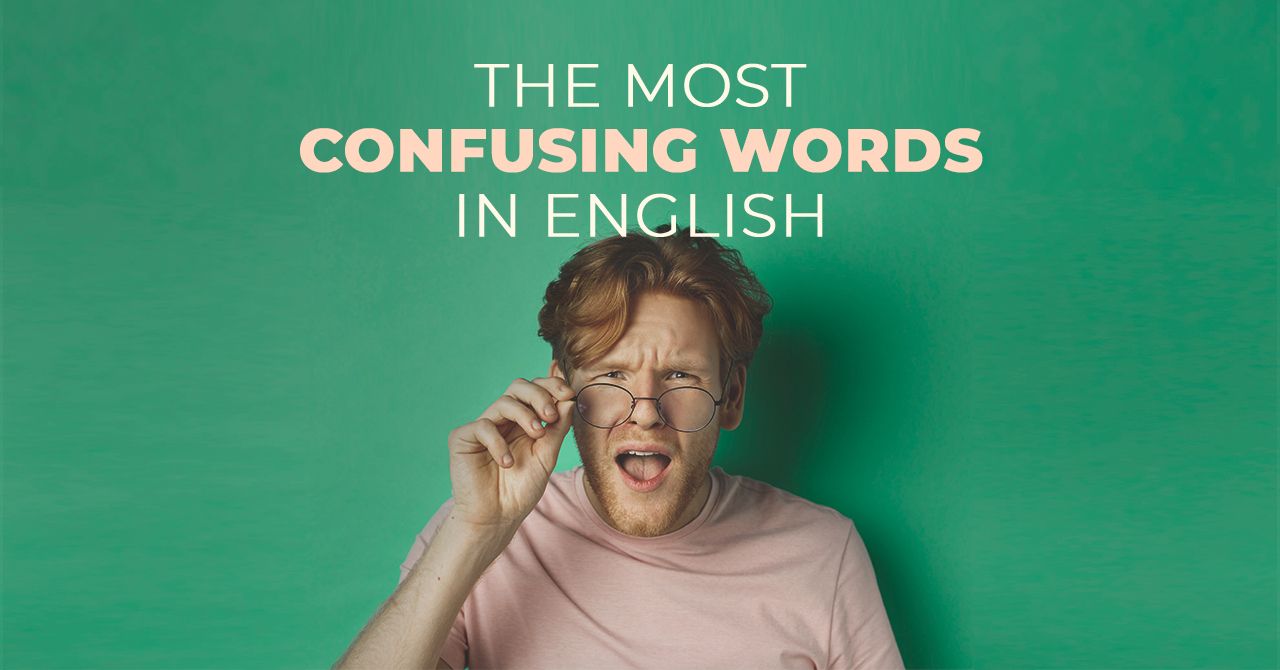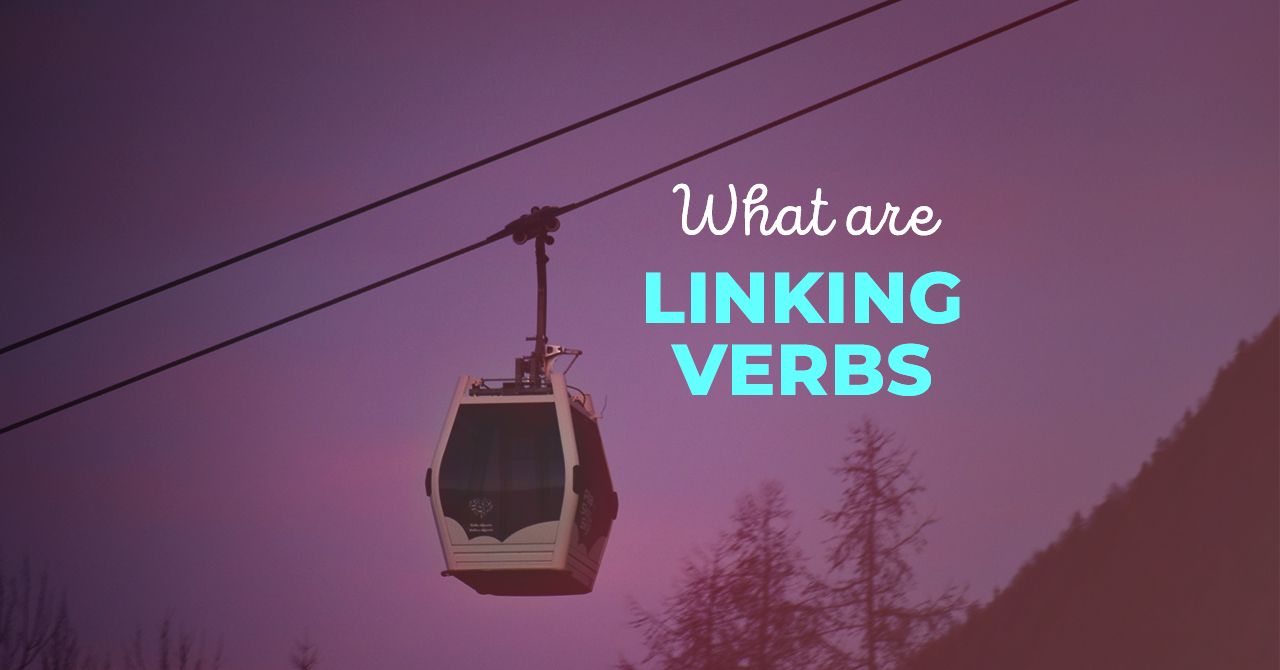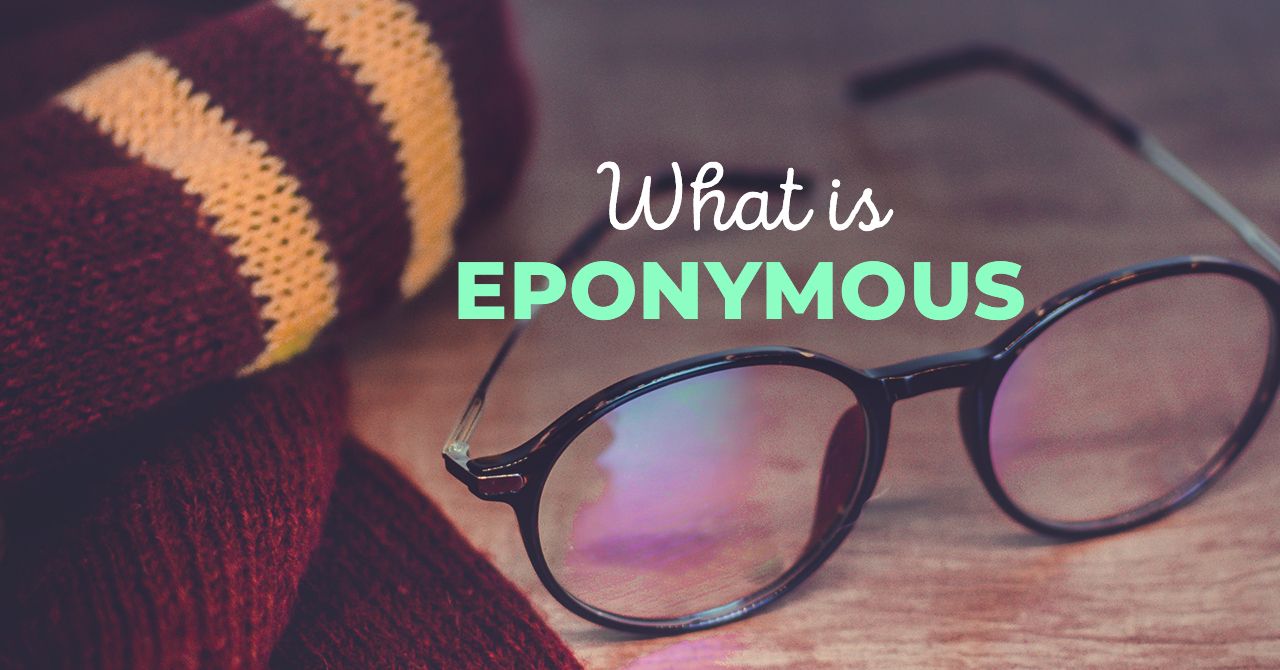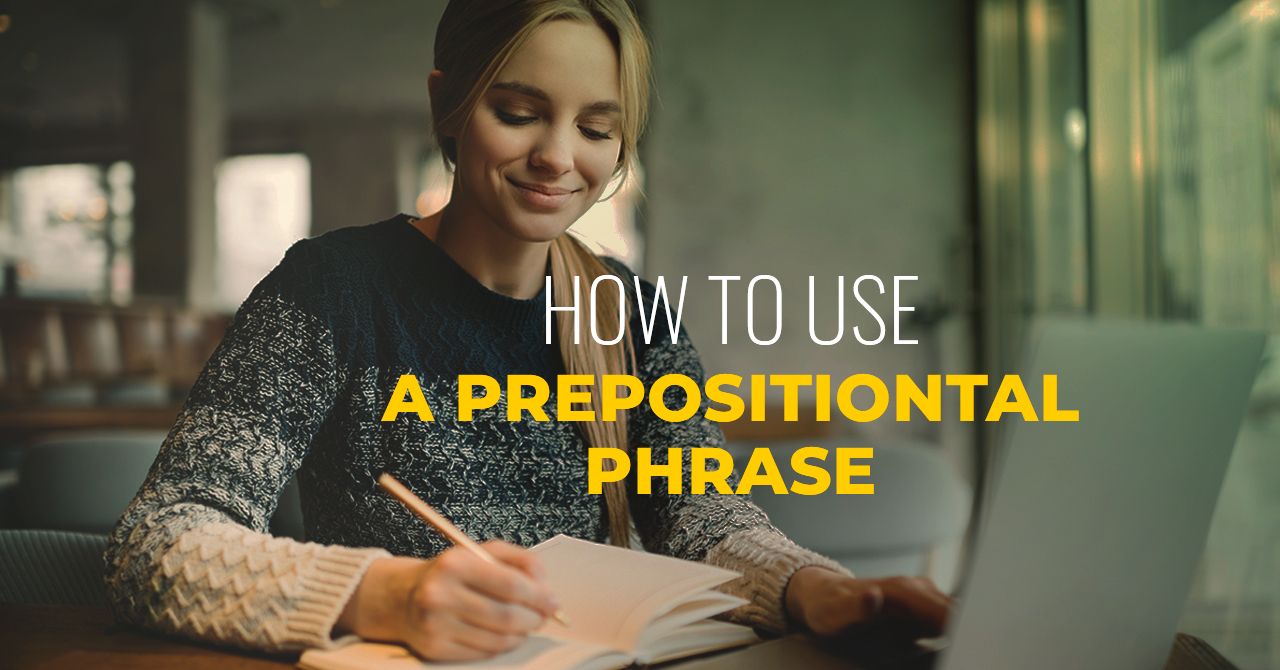English
Find lots of useful information for learning English. Don't miss our new articles.

How to Say “Thank you” in an Email in Different Ways
Here are 10 alternatives to “thank you very much” and “as always, thank you for your help” that are ideal for expressing your gratitude and appreciation in various contexts.

The Most Confusing Words in English
Sit/Seat To sit—(v) to be in a position in which your bottom is resting on a chair. He was sitting in a chair next to the window. Seat—(n) something that you sit on. He used the box as a seat. Than/Then Than—(conj) is used to introduce the second or the last of two. She is younger than I am. Then—(adv) at the time mentioned. Back then, he was living in New York. Later/Latter Later—(adv) at a future time. I will talk to you again later. Latter—(adj) the last thing. Of chicken, fis

Passive Voice: How to Use It Correctly
In passive voice, this can be the person or thing experiencing the action of the verb, as opposed to active voice, where the subject is the thing, person, or place that performs the action.

How to Identify Linking Verbs with Examples
Linking verbs can describe a state of being, a result of something, or even one of the five senses.

What “Eponymous” Means and All of the Things It Can Describe
“Eponymous” is an adjective that refers to a person, place, or thing that lends its name to something. This thing after whom something is named is called an eponym.

Noone or No One or No-One: What is the difference?
The spelling should read “no one.”

When to Use a Prepositional Phrase and Example Sentences
A prepositional phrase is a group of words that contains a preposition, as well as an object of the proposition, which can be a noun, pronoun, gerund, or adverb.

How to Pass TOEIC Test with a High Score
TOEIC scores are primarily used by employers, universities, schools, and immigration authorities to assess candidates’ English proficiency.